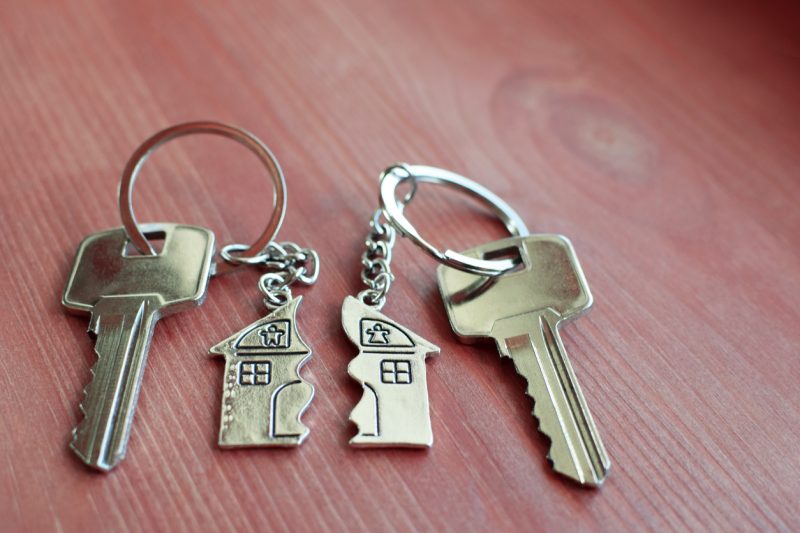 30 years ago it was common place in a heterosexual relationship for the female to do all the housework, cooking and parenting of the children. The male was responsible for earning money and mowing the lawns.
30 years ago it was common place in a heterosexual relationship for the female to do all the housework, cooking and parenting of the children. The male was responsible for earning money and mowing the lawns.
Often the male also took on the role of disciplinarian and that is why many baby-boomer men lacked connection to their fathers and even resented them.
Things have changed “thankfully” it’s no longer about what is the male or female role, it’s about partnership and working together so each person equally shares the load for running the family.
Listening to many mums, they still feel the inequality of parenting and household duties and in some cases are over-whelmed by it, causing tension within the relationship.
Some dads say they are busy working, sometimes travelling away and they think that chipping in is ok? I’m always amazed and feel sorry for these dads as they don’t realise how much they miss out on. Are these dads tired, lazy or do they have their fathers’ DNA engrained in them? probably a bit of all it? I think could be a learned habit from their upbringing!
I remember my partner said to me once “Show me a man that is ‘All In’ around the house and I’ll show you a man that is having sex…an interesting thought 😊 is it true guys?
 When I was a single dad and sharing responsibility of my daughter 50/50, I experienced first hand everything required to run a functional home. I combined work and nurtured all the needs of my child all at the same time, it’s not easy but the benefits out-way the hard work. It’s constant, often starting as soon as the kids open their eyes (and sometimes before).
When I was a single dad and sharing responsibility of my daughter 50/50, I experienced first hand everything required to run a functional home. I combined work and nurtured all the needs of my child all at the same time, it’s not easy but the benefits out-way the hard work. It’s constant, often starting as soon as the kids open their eyes (and sometimes before).
Being organised, having a system and routine helps to reduce the stress in running a functional home. The less you have to think about when and what needs doing the easier it will be to juggle kids, home and work. No one succeeds if you don’t give it your best effort, make it something that you want to master. Master the shopping, master the cooking, master the cleaning, master the nurturing of your child. It can be all done with little stress if you give into it and never be wishing you were somewhere else or out with your mates.
 Having a partner and sharing the household jobs and parenting is much easier than having to do it all by yourself. Don’t make your partner feel like a single parent. Be an ‘All In’ dad and make life great for all of you. The rewards are fantastic and you will have a much happier relationship and family life will be more relaxing.
Having a partner and sharing the household jobs and parenting is much easier than having to do it all by yourself. Don’t make your partner feel like a single parent. Be an ‘All In’ dad and make life great for all of you. The rewards are fantastic and you will have a much happier relationship and family life will be more relaxing.
Relationship benefits from being an All In dad.
- love
- more sex
- more fun
- feel valued
- productive
- reduced stress
- less arguments
- higher self esteem
- a sense of purpose
- emotional support
- feeling appreciated
- time with each other
- time for your hobbies
- better communication
- better shared experiences
- feeling confident and secure
- become a better version of yourself
- Feel part of the whole family and something bigger
How many Dads are All In or do you Chip In – answer the quiz below…

 Let’s face it fellas, the last 18 months have been tough.
Let’s face it fellas, the last 18 months have been tough. What success looks like for each individual is different, hence all approaches need to be different.
What success looks like for each individual is different, hence all approaches need to be different.






 When we separate we feel a sense that we have lost our position in the family.
When we separate we feel a sense that we have lost our position in the family. 





















Recent comments